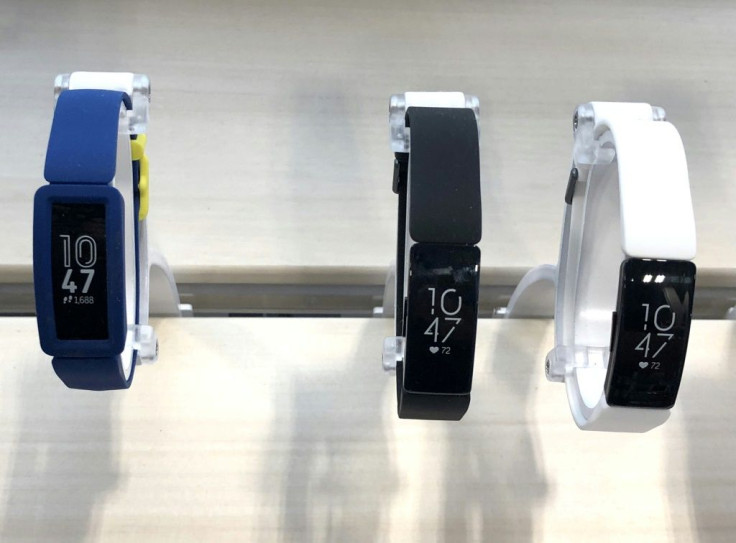Germany Enlists Fitbits And Smartwatches In Virus Battle

Germany's centre for disease control on Tuesday urged people with smartwatches and fitness bands to share their health data to help keep track of the spread of the coronavirus.
The Robert Koch Institute said it was launching an app called Corona Datenspende (Corona Data Donation) that would allow people to voluntarily and anonymously share information from their fitness trackers that could reveal signs of a COVID-19 infection.
The free app will log a person's postcode, age and weight and keep track of any changes in activity and sleep habits, heart rate or even body temperature that could be symptoms of an acute respiratory disease, RKI head Lothar Wieler said at a press conference.
The app "would help to better estimate where and how fast COVID-19 is spreading in Germany," Wieler said.
But he stressed that the app, developed with e-health company Thryve, could not make a diagnosis or replace a coronavirus test.
The RKI will use the combined fitness data to create an online map of Germany where infection rates could be looked up by postcode, Wieler said.
"This would give scientists data about infection processes and whether the measures we have taken are working," he added.
The RKI hopes 10 percent of the roughly 10 million people in Germany with smartwatches or fitness bracelets like Fitbit will join up.
"But if we could reach 100,000 or even 10,000 people that would be excellent," added the RKI's epidemiological modelling expert Dirk Brockmann.
Germany has recorded more than 99,000 cases of the virus and just over 1,600 deaths, a far lower mortality rate than in other European countries.
Germany has put it down to early and widespread testing as well as a world-class health system with more critical care beds than many other nations, allowing it to take in dozens of patients from hard-hit Italy, Spain and France.
Wieler stressed that it was too soon to relax any of the confinement and social distancing measures that have kept German schools and businesses closed for the past weeks.
"But I want to stress that we have been very, very successful with our strategy in Germany. We still have enough ventilators, enough intensive care beds."
© Copyright AFP 2024. All rights reserved.




















